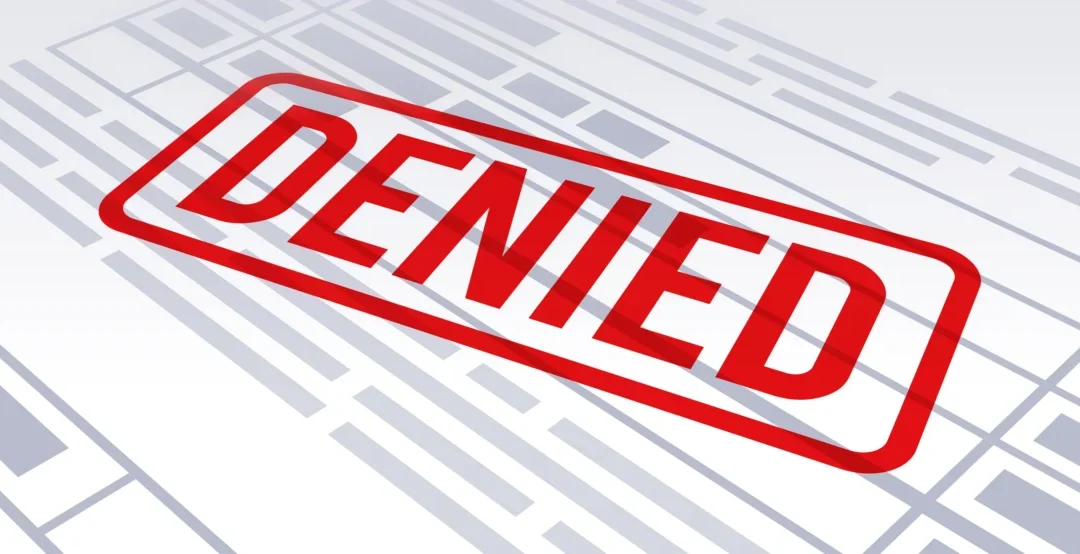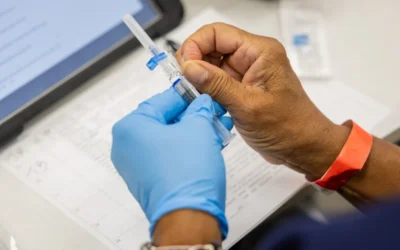
Despite their title, nonprofit healthcare systems like Advocate Aurora Health are raking in millions of dollars per year—but data shows these earnings aren’t always being used to prioritize community health and outreach for everyday Wisconsinites.
Nearly all of Wisconsin’s hospitals are classified as nonprofits.
But the “nonprofit” in “nonprofit hospital” is something of a misnomer, as it doesn’t mean these institutions are unable to bring in money. Instead, it merely signals that such health care facilities are classified as charities by the Internal Revenue Service (IRS) and can receive tax breaks for this status. In 2020, nonprofit hospitals’ tax exemptions were valued at around $28 billion nationwide.
As a result of these exemptions, nonprofit hospitals are meant to prioritize community health and medical equity by providing “charity care,” focusing on lower costs for patients, and generally taking a compassionate approach to treatment.
But in the case of some nonprofit hospitals—including many in Wisconsin—this idealized model of “people over profits” seems far from reality.
“Medical debt continues to be a huge barrier for many patients, especially those who are low-income, disabled, or members of other marginalized groups,” said Tim Hennigan, a staff attorney at Wisconsin-based legal nonprofit ABC for Health. “Medical debt can still be placed on patients’ credit reports, harming their ability to find employment or housing, and continues to be a major source of stress and financial burden.”
Reporting shows that top executives at nonprofit hospital chains nationwide have pushed back on charitable care practices by aggressively pursuing payment from patients, even those who might typically qualify for full medical debt forgiveness due to indigency or Medicaid enrollment.
The motive? Critics say nonprofit hospitals are too focused on paying executive salaries and bolstering the bottom line—not prioritizing community outreach.
Fair share deficits show nonprofit hospitals are still making millions
In the wake of the Covid pandemic, which put a financial and physical strain on health care systems by way of staffing shortages, general inflation, and increases in charity care, nonprofit hospitals have found themselves scrambling to operate as usual. As overall medical debt and operations challenges increase, some hospitals drive up prices to help “bridge the gap.”
But data shows that while ordinary Wisconsinites might find themselves paying more for medical services—or being hounded by debt collectors—nonprofit hospitals and executives are still making money from their tax-exempt status and raking in profits, regardless of Covid’s impact. The disconnect, it seems, lies in budgeting and priorities at these hospitals.
An understanding of the so-called “fair share deficit” is helpful in breaking down nonprofit hospitals’ actual allocations. To analyze this deficit, economists look at the annual difference between how much money nonprofit hospitals received in tax breaks and how much money was spent on charitable care or community programming for lower-income patients.
Data from the Lown Hospitals Index shows that in 2021, Wisconsin’s hospitals had a fair share deficit of $717 million. That is, the state’s nonprofit hospitals received $717 million more in tax breaks than they spent on charitable care and services for patients facing financial hardship.
The issue doesn’t end in Wisconsin.
Nationwide, Lown reports, there are only five states where the majority of hospitals have a fair share surplus instead of a deficit. In 2020, the national fair share deficit totaled $14.2 billion—an amount that health justice organization Community Catalyst says would be “enough to erase the medical debts of 18 million people or rescue the finances of more than 600 rural hospitals at risk of closure.”
Bill collection tactics, mergers impact costs for Wisconsinites
What’s more, a report from ABC for Health says that more nonprofit hospitals in Wisconsin are sending medical bills straight to collections without making appropriate efforts—as required by the IRS—to determine whether patients are eligible for financial aid.
“Under current rules, hospitals are even allowed to refer patients to collections while processing aid applications,” the report reads. “Although the collections agencies are not allowed to park debt on credit reports or sue the patient, the mere threat of collections can easily scare low-income patients into paying debts that they do not owe.”
ABC for Health also says Aurora-affiliated clinics continue to go so far as filing lawsuits against patients to collect medical debt.
“Before the pandemic, Aurora was one of the most prolific filers of medical debt lawsuits. During the pandemic, Aurora hospitals modified their collections policy to disallow lawsuits against patients,” Hennigan explained. “However, clinic locations associated with Aurora, including some that share a building with Aurora hospitals, continue to file lawsuits against patients.”
Hennigan pointed to the BayCare Clinic in Green Bay, which is located at the same address as the Aurora BayCare Medical Center, as an example. According to Wisconsin court records, BayCare Clinic filed 17 lawsuits against patients in 2024 alone.
And, in recent years, hospitals have increasingly pursued mergers with larger health systems to create what critics call a monopolized approach to care. In 2017, Wisconsin’s own Aurora Health merged with Illinois-based Advocate to create Advocate Aurora Health (AAH). In 2022, AAH finalized a merger with Atrium out of North Carolina to form a network of 67 hospitals across six states.
In a New York Times op-ed published last year, Dr. Amol S. Navanthe called such mergers “the advent of the new American megahospital system.”
When nonprofit hospitals expand their reach and power in this way, they limit capacity for market competition and reserve the ability to set high prices for health care services. In fact, earlier this year, AAH found itself at the center of a class action lawsuit that accused the hospital system of harming patients by unfairly driving up costs and shirking charitable responsibilities.
The complaint alleged that by the end of 2018, following Aurora’s merger with Advocate, hospitals within the newly formed AAH network regularly charged “average commercial” patients more than Medicare-covered patients for identical treatments—to the tune of 253% of Medicare on average.
Plaintiffs in the suit said they hoped to bar AAH from “continuing unlawful practices that harm Wisconsin’s economy and healthcare system.”
Bipartisan efforts to regulate “anticompetitive” hospital behavior
The solution to reigning in nonprofit hospitals’ price-gouging power and debt collection practices is complex. Advocates like ABC for Health encourage Wisconsin’s health care systems to clarify eligibility criteria for debt assistance, offer appropriate aid to patients across insurance coverage types to help avoid medical debt in the first place, and improve education among hospital staffers to eliminate ambiguity about patient costs.
“We have an ongoing project to highlight medical debt and health coverage issues in Wisconsin through the Community Health Needs Assessment (CHNA) process in major counties,” Hennigan said. “We aim to transform the CHNA process into a meaningful mechanism for hospital accountability and transparency.”
Nationally, bipartisan advocates have pushed for further checks on nonprofit hospitals in an effort to combat what they call “anticompetitive behavior.”
Community Catalyst has even circulated a petition encouraging lawmakers to “hold nonprofit hospitals accountable” by regulating excessive charges, passing additional billing protections for patients, and bolstering regulation enforcement at nonprofit health care systems.
And a bill introduced in 2022 by Reps. Pramila Jayapal (D-Wash.) and Victoria Spartz (R-Ind.) would give the Federal Trade Commission greater access to investigate potential anticompetitive policies across the nation’s nonprofit health care systems.
“Hospital consolidation and lack of competition is a major factor driving unsustainable health care prices,” Spartz said in a statement. “Nonprofit hospital status should not be a loophole to avoid antitrust enforcement.”

October is Breast Cancer Awareness Month. Here’s how you can help in Wisconsin
It's Breast Cancer Awareness Month. Here's how you can help fight for a cure throughout Wisconsin. October is globally recognized as Breast Cancer...

A new car vs. health insurance? Average family job-based coverage hits $27K
By Phil Galewitz, KFF Health News With the federal shutdown entering its fourth week, spurred by a stalemate over the cost of health insurance for...

WI residents could be missing out on dual-plan health benefits
By Judith Ruiz-Branch Fall open enrollment starts Wednesday for Wisconsinites who are dual eligible for both Medicaid and Medicare, and...

Fighting a health insurance denial? Here are 7 tips to help
By: Lauren Sausser When Sally Nix found out that her health insurance company wouldn’t pay for an expensive, doctor-recommended treatment to ease...





